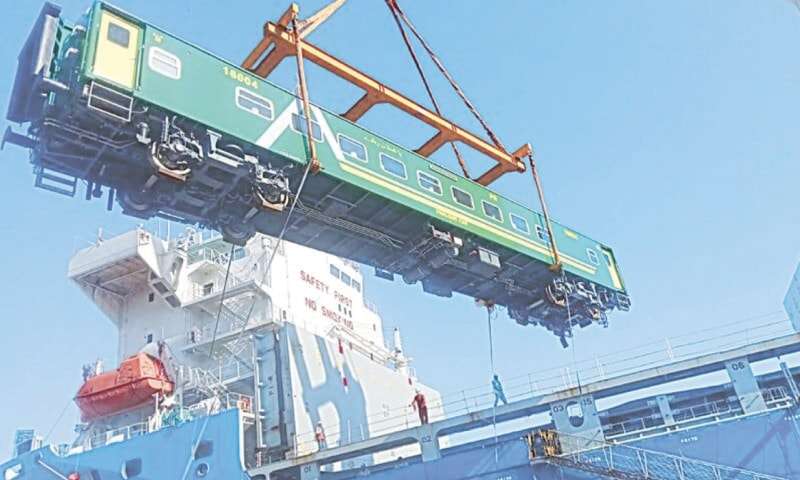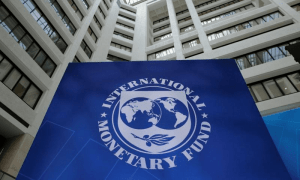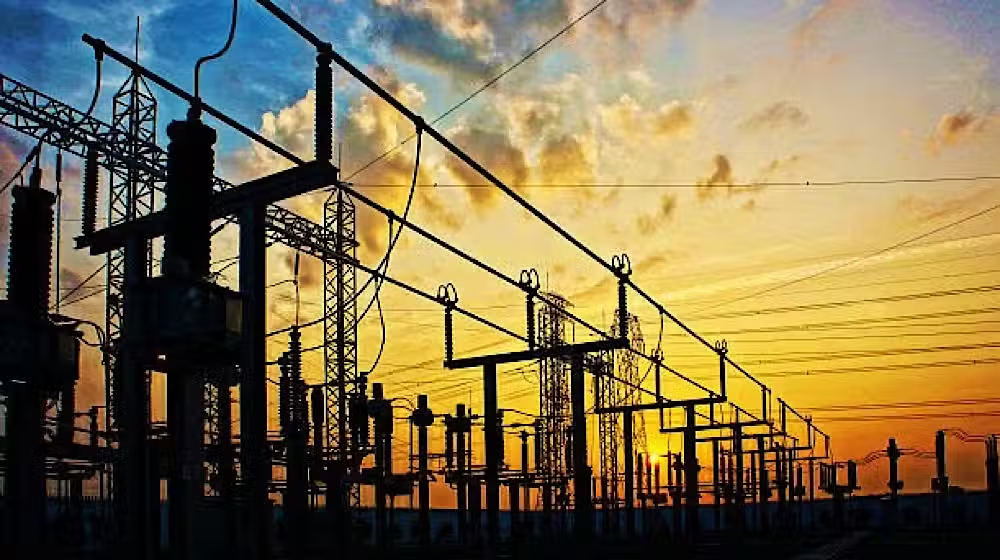ISLAMABAD: Amid strong objections from the ministries of finance and planning, Pakistan Railways (PR) is seeking a 130 percent increase in the procurement cost of around 1,050 bogies to Rs71 billion, primarily due to currency depreciation and changes in specifications.
The proposal to increase the procurement cost for 820 freight wagons and 230 passenger coaches from Rs31 billion in 2017 to Rs70.97 billion was recently presented to the Central Development Working Party (CDWP). However, the decision was deferred at the last moment.
Once the proposal is cleared on technical grounds by the CDWP, the Executive Committee of the National Economic Council (Ecnec) may consider its formal approval.
As of June 30, 292 freight wagons out of 820 and 78 passenger coaches out of 230 have already been procured through two separate Chinese contractors. The remaining bogies are expected to be delivered by June 30, 2026.
Unrealistic Time Frames and Cost Escalations
PR attributes the cost escalation to the exchange rate rising from Rs104 in 2017 to Rs285 to a US dollar and repeated cancellations of bidding results due to various reasons, including project reassessment under the upgradation of ML-1 (Karachi to Peshawar line) as part of the China-Pakistan Economic Corridor (CPEC).
The Ministry of Finance has challenged the exchange rate and demanded cost estimates based on Rs278 per dollar.
The contract for 820 freight wagons was awarded to M/S Baotou Beifing Chuangye, China, on March 30, 2022, for $41.64 million, while the contract for 230 passenger bogies was given to CRRC Tangshan Co, China, on October 29, 2021, for $148.89 million.
PR has also attributed some cost escalations to a 15 percent increase in the import trade price of the freight on board component, taxes, freight charges, and other local charges over the past five years.
Project Delays and Concerns
The project for 820 freight wagons was initiated to transport coal from the port to power plants, particularly the Sahiwal coal power project. The time frame for the project was designed to align with the completion of the power plants. However, the planning ministry expressed concerns that the power plant has been operational for years while the railway project remains incomplete, risking it becoming a liability.
The Planning Commission noted that PR seldom works out realistic time frames and project costs, leading to delays. The procurement process alone took almost three years, and after finalizing the bidding process, another year was required to place the order. Furthermore, funding issues often cause additional delays.
Financial and Performance Issues
The Planning Commission highlighted the need for serious efforts to curtail PR’s losses and better utilize manpower to increase revenue. Despite the potential to increase revenues, no serious efforts have been made to fund procurement and manufacturing projects effectively. Only Rs6.16 billion has been allocated in the Public Sector Development Programme for FY25.
The finance ministry expressed concern that only 20 percent of total passenger traffic and 4 percent of freight transportation from Karachi to upcountry are handled by the railway system, with the remaining 80 percent of passenger and 96 percent of freight traffic taking place through roads due to poor performance. PR faced a Rs55 billion loss in FY23.
The ministry demanded that PR prepare a business plan to increase its share of national passenger and freight traffic to recover new investments. PR stated that ageing freight rolling stock negatively impacts its efficiency, necessitating the procurement of high-capacity wagons and powerful locomotives to improve service delivery.
ALSO READ:



